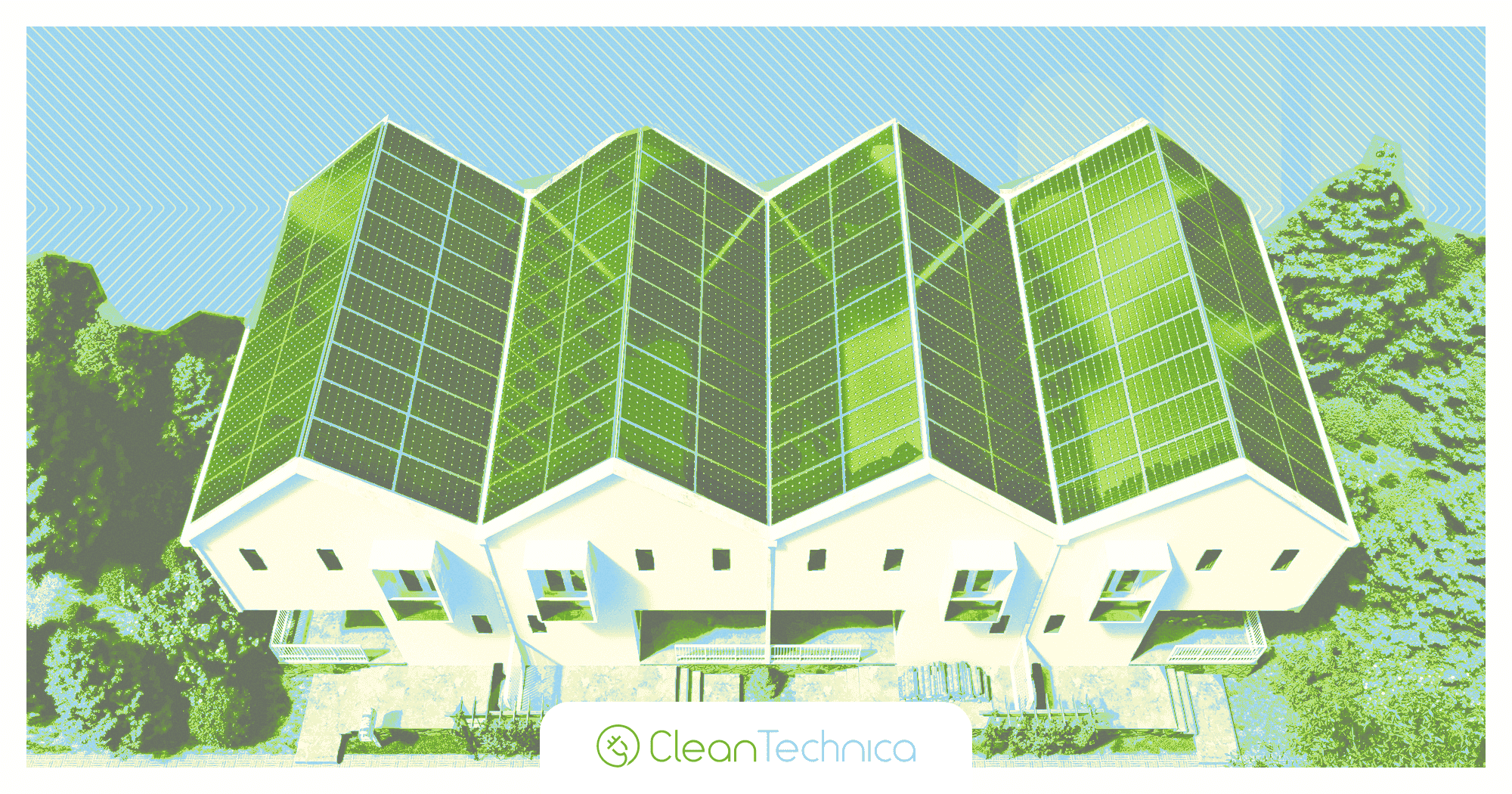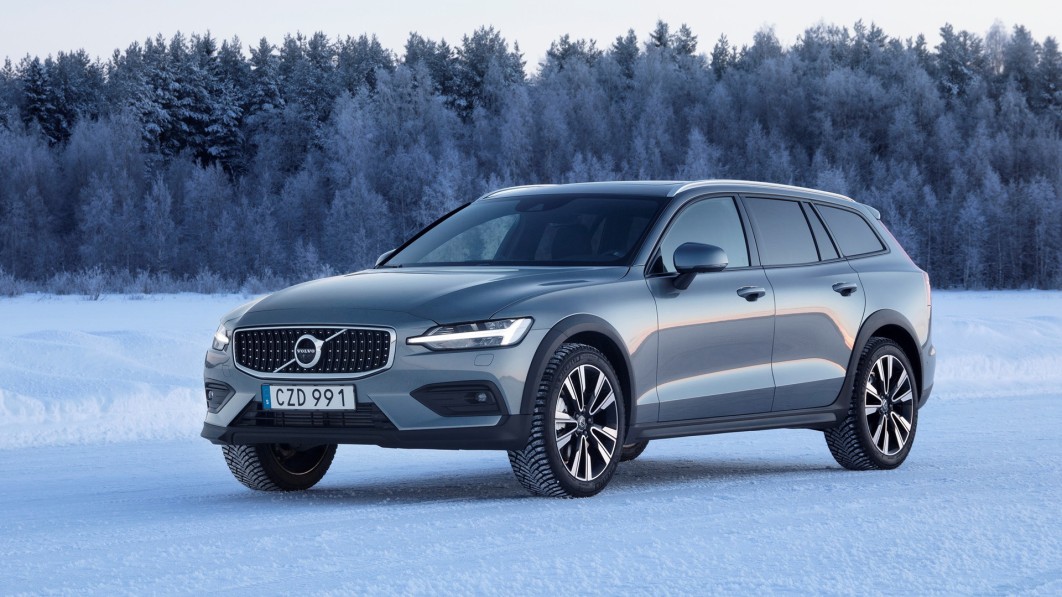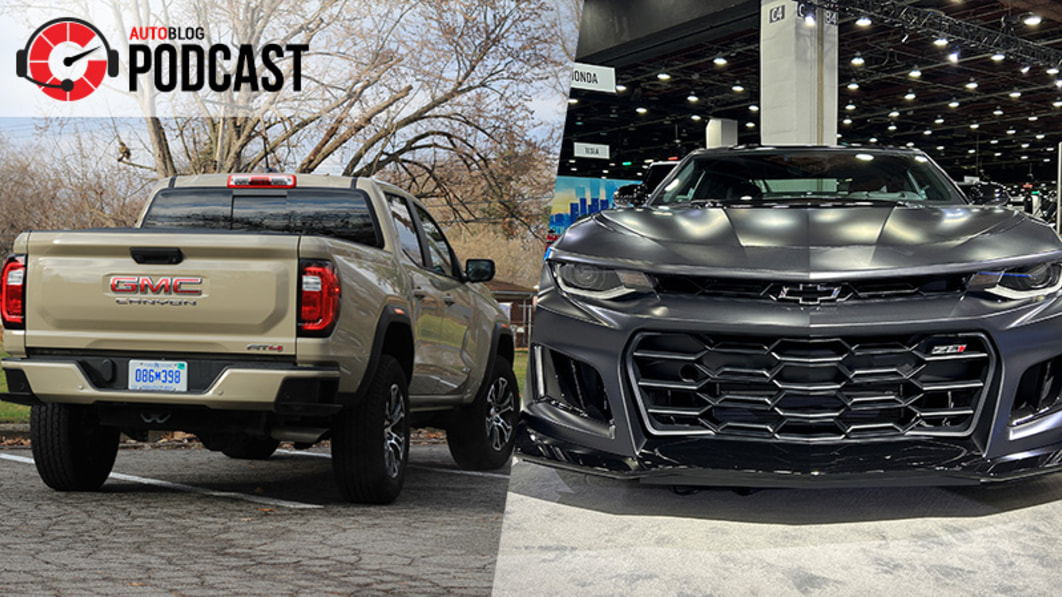
How Many Americans Want An Electric Home?




Filed under: Acura,Audi,Chevrolet,Ford,GM,GMC,Honda,Jeep,Land Rover,RAM,Toyota,Volvo,Driving,Safety,Best Cars,Truck,Crossover,SUV,Wagon,Electric,Hybrid,Luxury,Off-Road Vehicles,Rivian

Continue reading Best cars for snow and ice in 2023 and 2024
Best cars for snow and ice in 2023 and 2024 originally appeared on Autoblog on Tue, 23 Jan 2024 11:15:00 EST. Please see our terms for use of feeds.
Permalink | Email this | Comments The Biden administration is considering raising tariffs on Chinese EVs above 25%, The Wall Street Journal reported Thursday. The administration has left in place Trump-era tariffs on roughly $300 billion of Chinese goods, but is now considering additional tariffs, according to the report, which cited anonymous sources familiar with the matter...
The Biden administration is considering raising tariffs on Chinese EVs above 25%, The Wall Street Journal reported Thursday. The administration has left in place Trump-era tariffs on roughly $300 billion of Chinese goods, but is now considering additional tariffs, according to the report, which cited anonymous sources familiar with the matter... 
Filed under: Aftermarket,Green,Plants/Manufacturing,Podcasts,Chevrolet,Ford,Genesis,GM,GMC,Hyundai,Jaguar,Land Rover,McLaren,Technology,Truck,Convertible,Coupe,Crossover,SUV,Electric,Luxury,Off-Road Vehicles,Performance,Supercars
 We also hop behind the wheel of the Genesis GV60 and some ECD restomods
We also hop behind the wheel of the Genesis GV60 and some ECD restomodsContinue reading Driving the GMC Canyon, and pour one out for the Camaro | Autoblog Podcast #812
Driving the GMC Canyon, and pour one out for the Camaro | Autoblog Podcast #812 originally appeared on Autoblog on Fri, 22 Dec 2023 10:00:00 EST. Please see our terms for use of feeds.
Permalink | Email this | Comments

